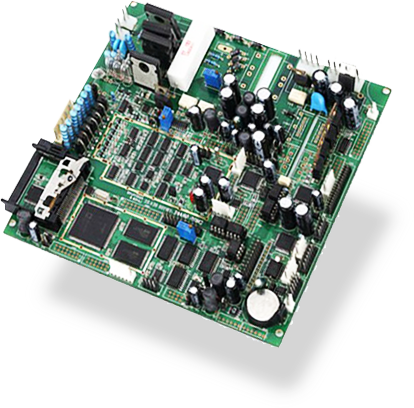Articles Capacitor Basics
What is Capacitor?

Capacitor is an electronic component that stores electric charge. The capacitor is made of 2 close conductors (usually plates) that are separated by a dielectric material. The plates accumulate electric charge when connected to power source. One plate accumulates positive charge and the other plate accumulates negative charge.
The capacitance is the amount of electric charge that is stored in the capacitor at voltage of 1 Volt.
The capacitance is measured in units of Farad (F).
The capacitor disconnects current in direct current (DC) circuits and short circuit in alternating current (AC) circuits.
How Capacitors Work
Capacitors can be manufactured to serve any purpose, from the smallest plastic capacitor in your calculator, to an ultra capacitor that can power a commuter bus. Here are some of the various types of capacitors and how they are used.
- Air: Often used in radio tuning circuits
- Mylar: Most commonly used for timer circuits like clocks, alarms and counters
- Glass: Good for high-voltage applications
- Ceramic: Used for high frequency purposes like antennas, X-ray and MRI machines
- Super capacitor: Powers electric and hybrid cars
Inside a capacitor, the terminals connect to two metal plates separated by a non-conducting substance, or dielectric. You can easily make a capacitor from two pieces of aluminum foil and a piece of paper (and some electrical clips). It won't be a particularly good capacitor in terms of its storage capacity, but it will work.
In theory, the dielectric can be any non-conductive substance. However, for practical applications, specific materials are used that best suit the capacitor's function. Mica, ceramic, cellulose, porcelain, Mylar, Teflon and even air are some of the non-conductive materials used. The dielectric dictates what kind of capacitor it is and for what it is best suited. Depending on the size and type of dielectric, some capacitors are better for high-frequency uses, while some are better for high-voltage applications.

Reference:
https://www.rapidtables.com/electric/capacitor.html
https://electronics.howstuffworks.com/capacitor.htm

